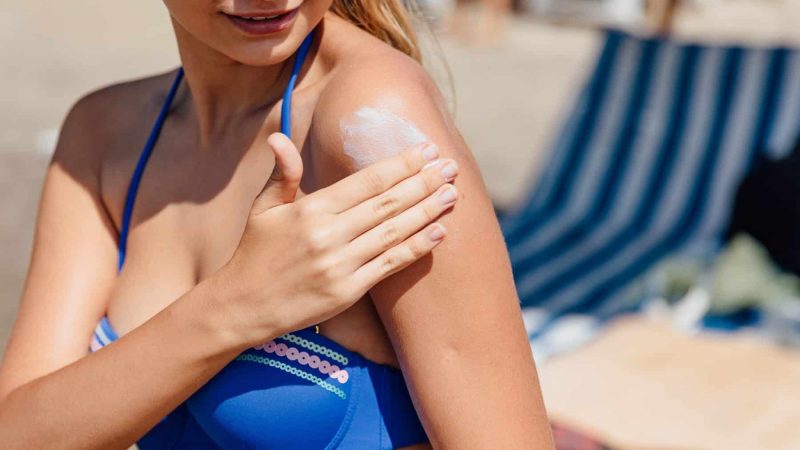While it is unclear how many people get Sun poisoning every year mainly because symptoms of Sun poisoning and sunburn are similar, it is still important to note that anyone can have it especially when you have a lighter skin tone and you are living in the sunny areas during summer.
What is Sun Poisoning?
Sun poisoning is an advanced level of sunburn and is caused by extreme UV inflammation on the skin. It affects people with lighter skin the most because there is not enough melanin to protect the skin. This doesn’t mean that people with darker skin color are immune to sun poisoning. The protective layer that melanin provides allow darker skin types to fight off sunburn and an extreme case of sunburn far longer than people with lighter skin types.
Symptoms of Sun Poisoning
When you notice any of the signs of sunburn, you need to watch out for these symptoms too so you can tell if you are having an extreme case of it or not.
- Headache
- Fever
- Nausea
- Dehydration
- Blistering
- Fainting/Dizziness
- Confusion
- Severe redness of the skin accompanied with pain
- Swelling of the skin
How to Prevent Sun Poisoning
The steps to avoid sun poisoning are the same with avoiding sunburn. As you already know, use your sunscreen at least SPF 30.
You will also need to stay out of the sun during times that the sun is at its peak. Usually between 10:00 AM and 2:00 PM
How to Treat Sun Poisoning
Sun poisoning can be treated at home by taking the following measure after noticing the symptoms:
- Stay hydrated
- Apply aloe vera gel or a cold compress to soothe the skin
- Bath with cool water
Make sure to inform your skincare professional whenever you notice issues of sunburn, they can always help you decide the best way to go forward.

